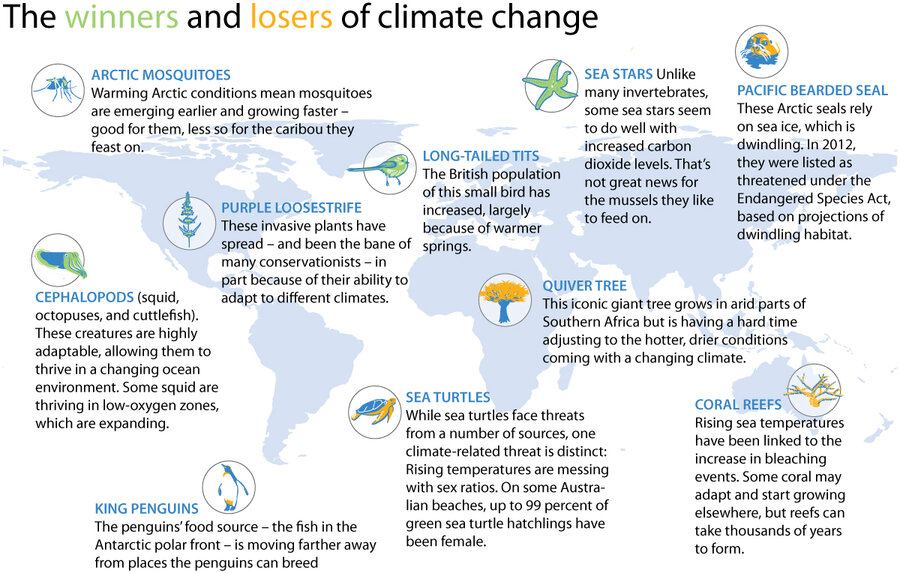The advent of 3-D-printable plastic guns raises far more than safety questions. It's unleashed a powerful debate over the free flow of information.
Monitor Daily Podcast
- Follow us:
- Apple Podcasts
- Spotify
- RSS Feed
- Download
 Amelia Newcomb
Amelia Newcomb
Amid the furious conversation about immigration, it’s easy to nod sadly when you learn that your neighbor, adopted as a baby from Central America, carries her United States passport with her in case trouble arises. It’s also easy to forget that a June Gallup poll found that 75 percent of Americans say immigration is good.
One recent reminder of why that is came from my rooftop.
After Boston’s fourth nor’easter this spring, we discovered we’d lost about a dozen shingles. Given the booming economy, we couldn’t find a roofer willing to do the job in a reasonable time frame at a somewhat reasonable price.
Then we met José, who was shingling our neighbor’s addition last week. He is working seven days a week. To him, a small job like ours was just another opportunity. He and his assistant showed up at 8 a.m. on a Sunday, finished before lunch, and charged a fair price.
But what really struck us was his outlook. José legally immigrated from Ecuador a decade ago. At 28, he has built a business that employs 24 people. His company is filling one of the growing holes in the US economy as boomers retire and unemployment hits new lows.
Many employers want to welcome immigrants, whose skills they sorely need – from tech to health care. They also want to welcome the can-do spirit. As José told my husband: "I love it here. You can get anywhere if you’re willing to work hard."
Now to our five stories, looking at the complex values in play over 3-D plastic guns, the surprising adaptability of wildlife, and the powerful ideas boosting food security in Rwanda.












